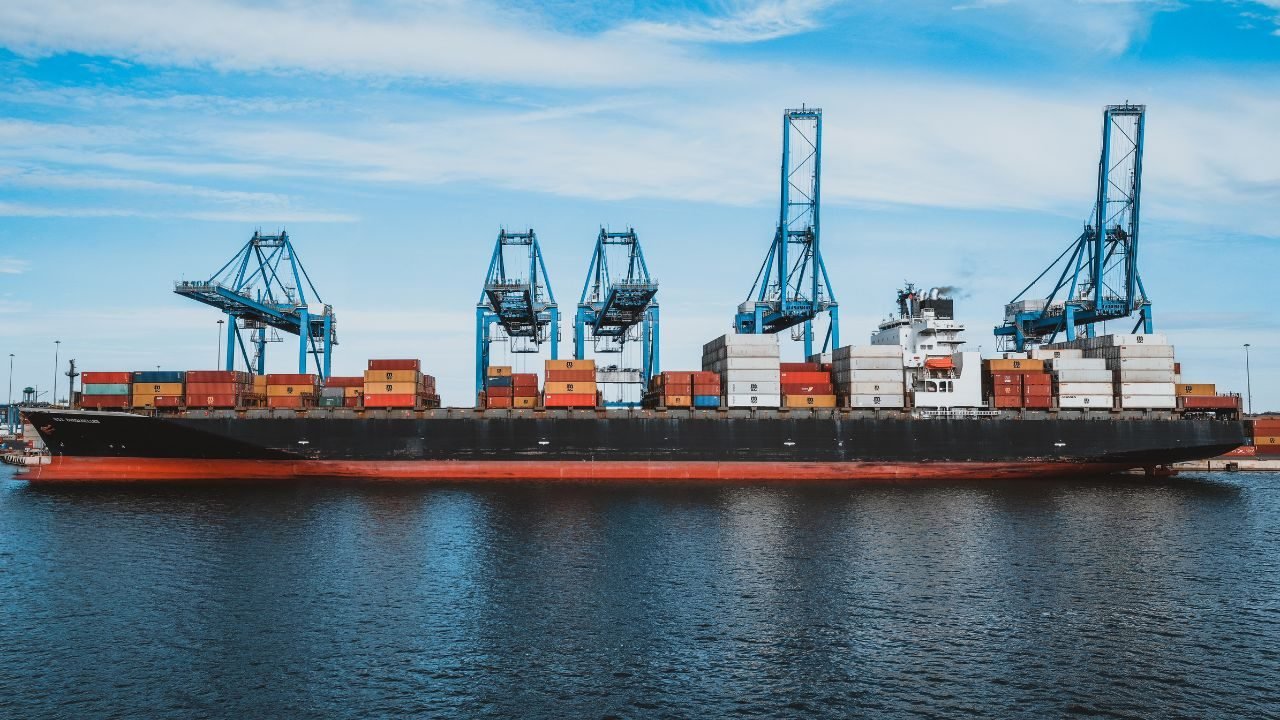In the global trade world, where competition is fierce, recognition is everything. It not only indicates capability but also credibility, experience, and reliability. For Indian exporters, one such elite recognition is the Status Holder Certificate, issued by the Directorate General of Foreign Trade (DGFT).
This certificate is not merely a government badge; it unlocks the door to a set of benefits that can enable exporters from across industries to operate more effectively, cut costs, and expand their global operations faster.
But in what ways exactly does the Status Holder Certificate aid industries? And what are the tangible benefits of this certificate? Let’s see in detail.
What is the Status Holder Certificate?
The Status Holder Certificate is granted to exporters under India’s Foreign Trade Policy (FTP) based on their export performance during a particular time. The DGFT categorises exporters into five categories:
- One Star Export House
- Two Star Export House
- Three Star Export House
- Four Star Export House
- Five Star Export House
The higher the rating of the star, the larger the export turnover of the company in terms of USD. The certificates are valid for five years, during which time exporters enjoy many procedural and financial advantages.
Top 10 Industrial Benefits of Having a Status Holder Certificate
1. Increased Global Credibility and Branding
First impressions count in international markets. Exporters with a Status Holder Certificate are perceived as trustworthy, established, and government-approved businesses. This adds to their credibility in the eyes of foreign buyers, partners, and even foreign banks. The certificate serves as a quality badge of honour, and it frequently provides companies with an edge in extremely competitive markets.
2. Quick Customs and DGFT Clearances
Exporters are frequently subjected to customs clearance, licensing, and DGFT delays. Status Holders, on the other hand, are given special treatment and are able to expedite these formalities. This results in faster shipments, efficient logistics, and less congestion, which is imperative when handling time-sensitive orders.
3. Self-Certification for Export and Import Documents
Another major advantage is self-certification, by which Status Holders are allowed to self-certify some documents, such as origin certificates or quality declarations, without the intervention of third-party agencies. This not only saves administrative expenses but also makes the export process more speedy, giving more freedom to companies.
4. Access to Better Financial Facilities
Status Holders tend to receive favourable treatment from banks and financial institutions, such as reduced interest rates, less difficulty in availing export credit, and accelerated release of funds. This is because banks view them as low-risk borrowers with a satisfactory performance history.
5. Waiver from Providing Bank Guarantees
For most DGFT schemes and customs procedures, regular exporters need to provide bank guarantees, which tie up working capital. Status Holders are exempt from this, releasing liquidity that can be utilised for core business purposes.
6. Priority Access to Export Promotion Schemes
Status Holders have priority access to different export promotion schemes like MEIS, Rodtep, and SEIS when applicable, so they don’t miss out on schemes that can highly increase their profit margins.
7. Quicker GST and Customs Refund
Quicker refund processing for IGST and customs claims is another major benefit. Because cash flow is critical in export activities, timely refunds enable exporters to have healthy working capital and not face liquidity shortages.
8. Edge in Taking Part in International Tenders
In most international tenders, particularly those issued by governments or big organizations, Status Holder Certificate-holding exporters are given priority or even made mandatory to become eligible. This certificate is a guarantee of competence and experience, and it makes the chances of such an exporter securing big contracts brighter.
9. Assistance in Market Development and Trade Shows
Government agencies and export promotion councils provide Status Holders preferential assistance for attending trade fairs, exhibitions, and foreign buyer-seller meets. These forums can assist exporters in moving to new markets, accessing high-value buyers, and presenting their products on the global map.
10. Long-Term Competitive Advantage
One of the most strategic advantages is that the Status Holder Certificate reduces bureaucratic hurdles, reduces costs, and gains credibility—all of which assist exporters in maintaining long-term competitiveness in overseas markets. This recognition can serve as a springboard for growth, diversification, and market leadership.
Conclusion
In the highly competitive global market today, where speed, credibility, and efficiency are as critical as prices, the Status Holder Certificate is a silent but potent growth catalyst. It enables exporters to rationalise their operations, save on expenses, and gain improved financial and promotional assistance while having a stronger, more credible image to showcase to global buyers.
For Indian exporters from all industries—textiles, engineering products, pharmaceuticals, chemicals, or electronics—it is not merely a matter of recognition to have this certificate. It’s a tactical advantage that unlocks bigger possibilities, greater markets, and more robust partnerships.
Additionally, in a time when governments, buyers, and consumers prefer to conduct business with established, compliant suppliers, the Status Holder Certificate provides the competitive advantage the exporters need to survive and grow worldwide.
For companies committed to expanding their exports and establishing a robust export operation, striving for and sustaining Status Holder status is an investment worth making.

